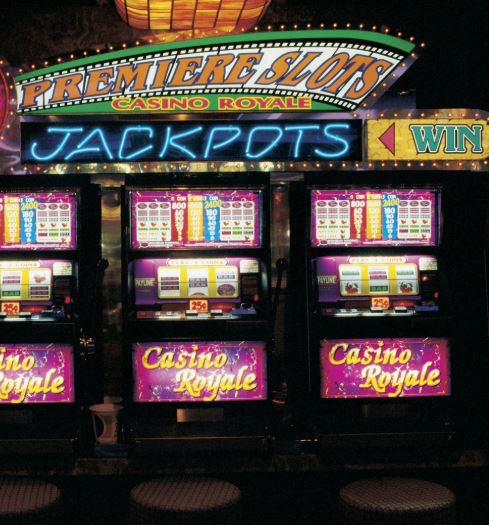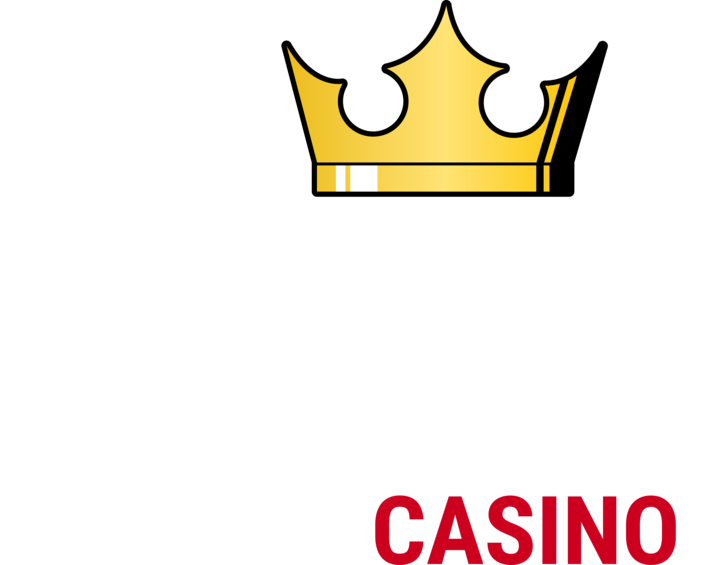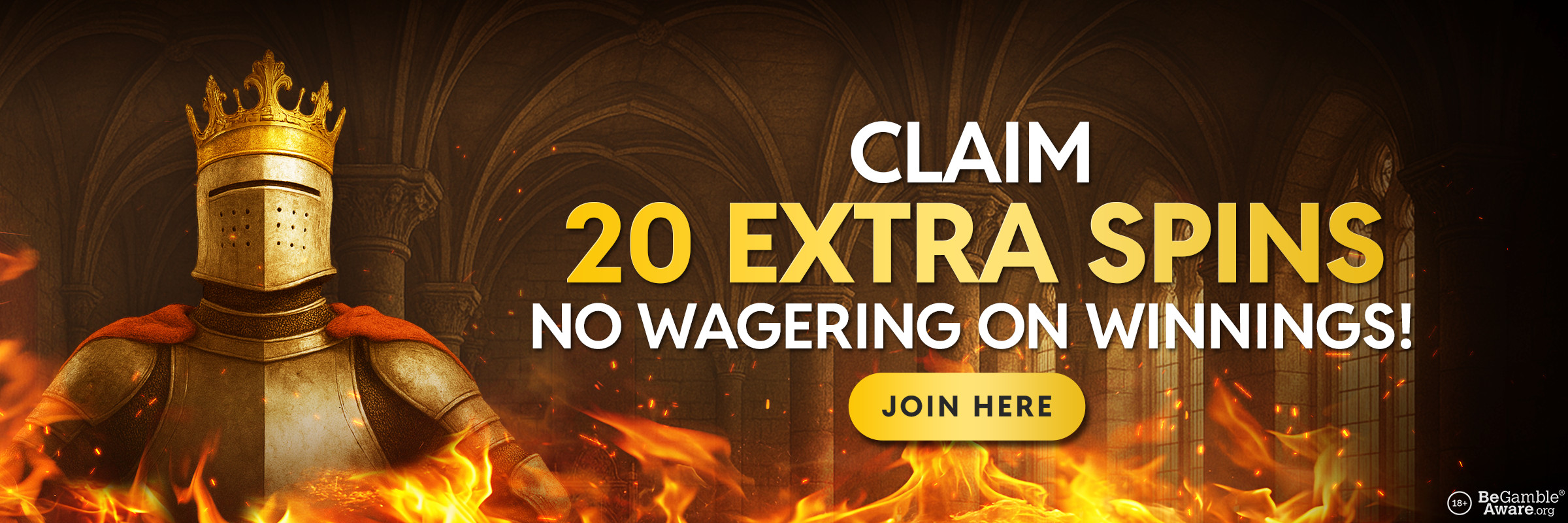
What Triggers A Jackpot On A Slot Machine?
Jackpot slots are a common feature in online gaming, mainly because of the large sums involved. These jackpots can reach substantial amounts, which often leads to questions about how they operate.
In this blog post, we will explain how jackpots are triggered and address some common beliefs held by players. We will also outline how slot machines determine outcomes and what factors affect the likelihood of a jackpot being awarded.
Can You Tell If A Slot Machine Is About To Hit The Jackpot?

There’s a lot of talk about whether certain signs or behaviours mean a jackpot is about to occur. Some believe a machine “feels” like it is going to hit. However, what actually determines the result of each spin is something built into the machine itself, and it works in a very specific way.
Every slot machine, whether offering progressive jackpots or not, uses something called a Random Number Generator (RNG). The purpose of this system is to produce a vast range of outcomes in a continuous cycle, even while the machine is not being played. The moment the spin button is pressed, one of those outcomes is selected instantly.
Because of this, it does not matter how the reels appear to move or what patterns a player thinks they are seeing. The result has already been decided the moment the spin begins.
Still, some ideas persist. Let’s take a closer look at some of these common myths:
- Myth #1: A jackpot slot won’t payout for a while after it is won: It is often believed that once someone wins the jackpot, the machine “needs time” before paying out again. This is not how slots operate. Each spin is entirely separate from the last. In theory, it is possible, although highly unlikely, for the jackpot to be won multiple times in quick succession. There is no pattern to follow.
- Myth #2: A jackpot is about to hit when the reels wiggle: Some think that if the reels “wiggle” or move in a certain way, a big payout is coming. While this may seem convincing, such effects are purely visual. These animations are part of the game’s presentation, designed to look engaging and have no effect on the outcome.
- Myth #3: The jackpot hits when it reaches a certain amount: Another belief is that there is a magic number that triggers the jackpot, especially with progressive slots, where the prize increases with every spin. Some expect the jackpot to hit when it gets particularly high, such as reaching seven figures. However, players have won jackpots at many different amounts, and no specific threshold exists. The displayed amount is separate from how the winning spin is selected.
- Myth #4: A player will hit the jackpot after a long losing streak: It is commonly thought that a win is “due” after a series of losses. Slot machines do not track previous outcomes to influence future results. Whether a player is winning or losing, this has no effect on the next spin. The system determining the result remains the same every time.
Play Slots & Online Casino Games
How Often Do Slot Machines Hit Jackpots?
So, what affects how often jackpots occur? There are several elements at play, some of which relate to how the machine is designed. These include factors like how the game is structured to pay out prizes, including something called volatility.
Volatility, when applied to a slot game, can give an idea of how payouts are spread. Higher-volatility games often appear to produce wins less frequently, but if they do, those wins may be significant. Jackpot slots generally fall into this category.
There’s also the size of the jackpot itself to consider. Larger jackpots are typically harder to hit than smaller ones. A slot with a more modest prize may seem to trigger wins more often, though this isn’t guaranteed in any given session.
All of these factors are theoretical, though—the actual outcomes are still decided in the same way every time.
How Do Slot Machines Decide Who Wins?

Earlier, we briefly mentioned an RNG. Now we’ll go a little deeper into how it functions. This component is the heart of how every result is picked, including jackpot wins.
The RNG generates thousands of number combinations every millisecond, even when the game isn’t being used. The moment someone presses spin, the number generated at that precise moment is selected. This number corresponds to a result, and what appears on the screen is the visual representation of that.
Because it works this way, there’s no influence from external factors. Everyone pressing spin has the same underlying mechanism determining their result.
What Are The Odds Of Winning A Slot Machine Jackpot?
If you’re curious about your potential chances of winning a jackpot, it’s important to understand that such wins are extremely rare, much less frequent than other types of payouts you might see on a slot.
Jackpot games are designed with this in mind. Because the prizes can be very large, the chances of hitting them tend to be much lower than for smaller wins. One way this is reflected is through something called the Return To Player, or RTP, which is a theoretical figure that indicates how much of the money put into a game is paid back to players, on average, over time.
Slots with jackpots often have a lower RTP compared to other games, meaning they generally pay back less over many plays. This helps explain why the odds of hitting the jackpot itself can be incredibly small, sometimes estimated to be as low as 1 in 600 million.
So, if you decide to play jackpot slots, you might want to keep in mind that while the prizes might be tempting, the chance of actually winning one is very slim, and that is exactly how these games are set up. Approaching them with caution and sticking to limits you are comfortable with is always a wise choice.
*All values (Bet Levels, Maximum Wins etc.) mentioned in relation to this slot game are subject to change at any time.
**The information provided in this blog is intended for educational purposes and should not be construed as betting advice or a guarantee of success. Always gamble responsibly.






























































